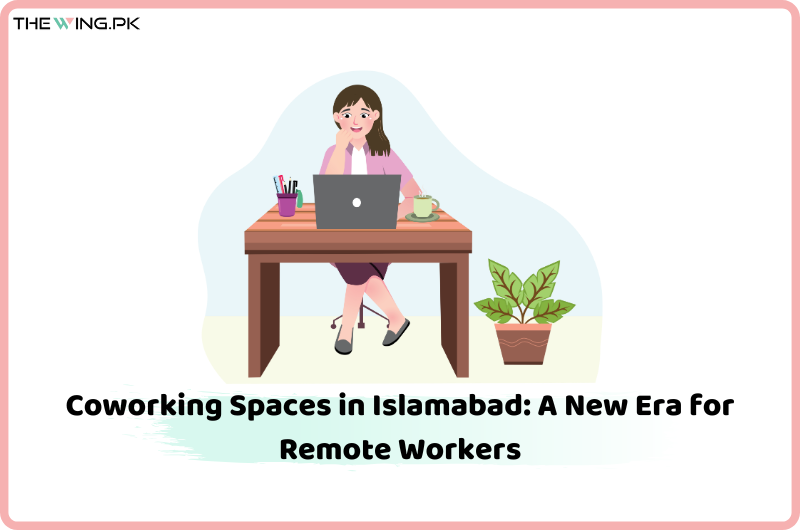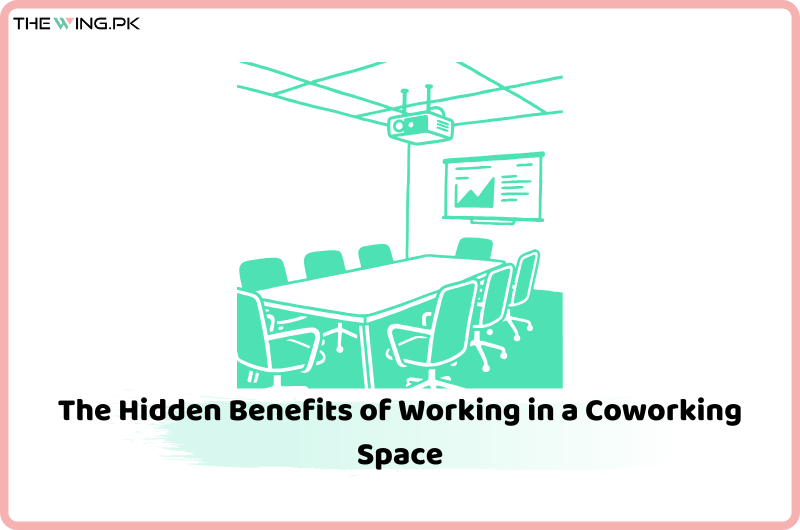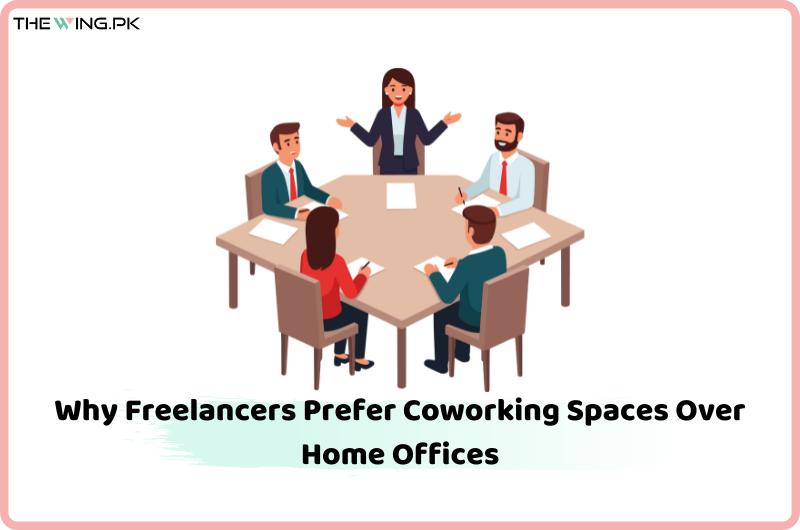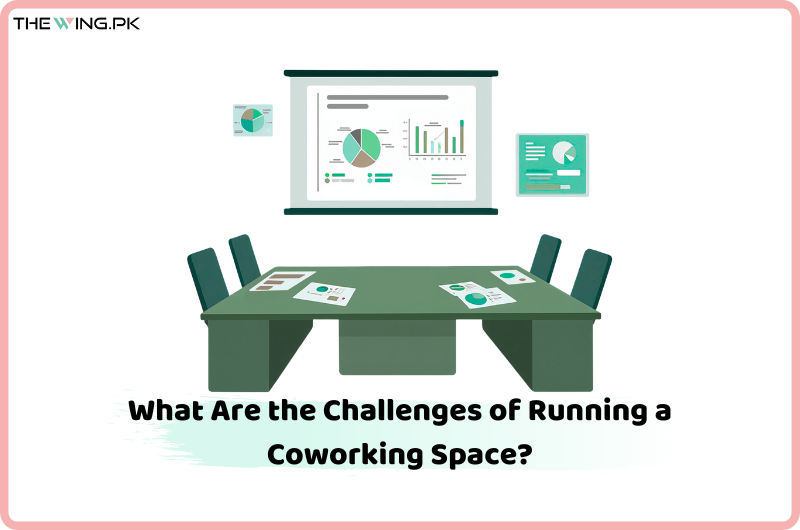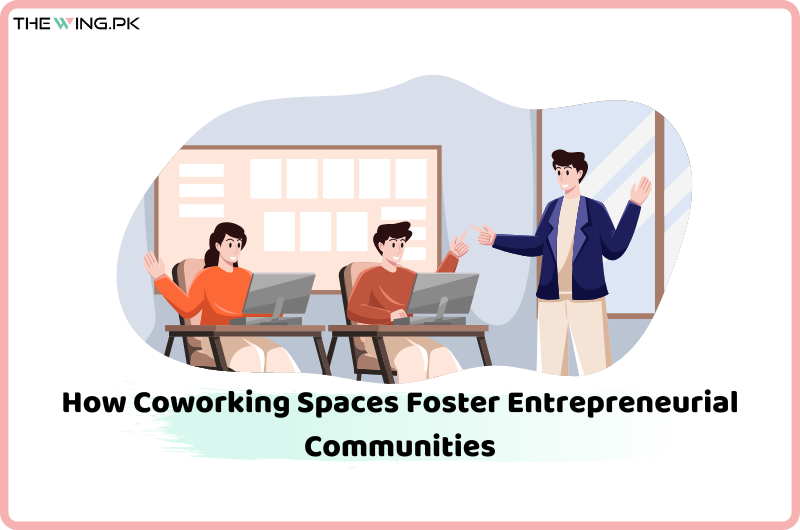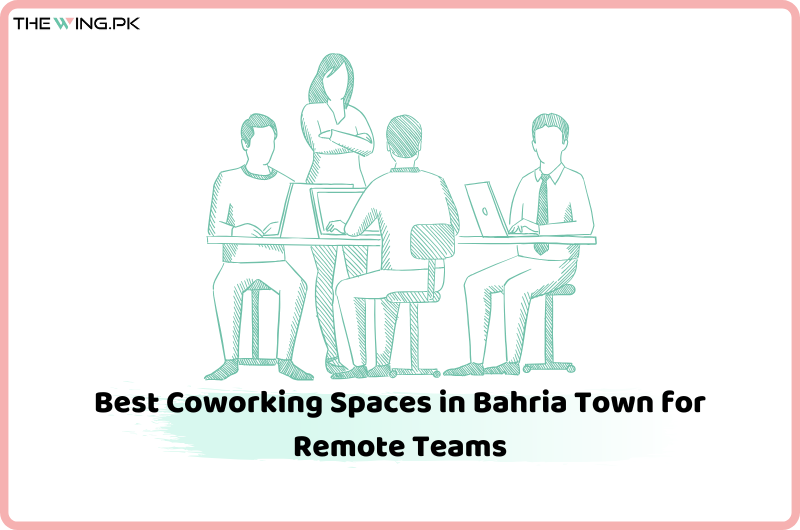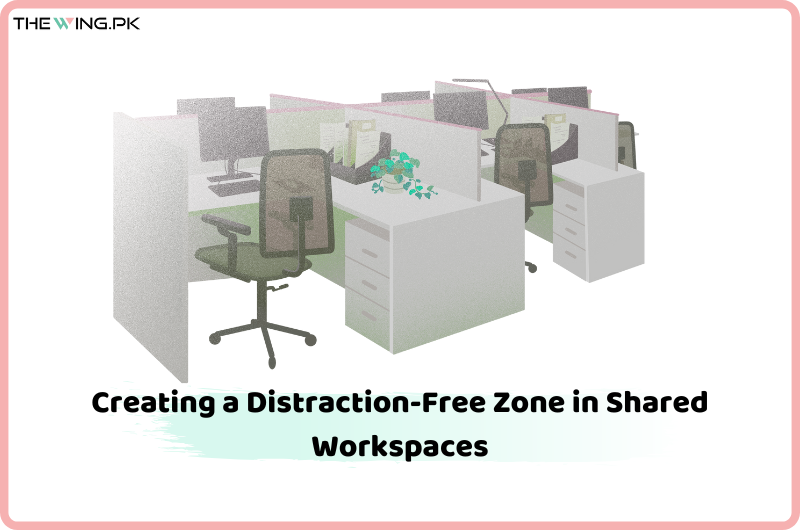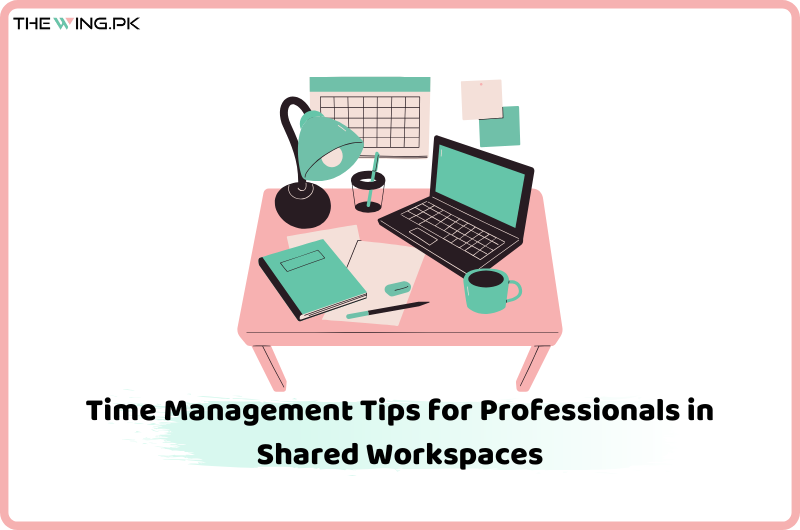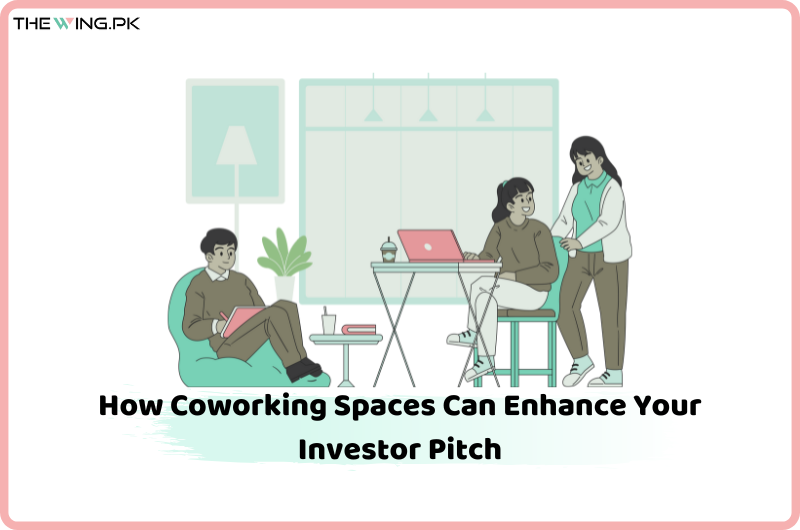Top Advantages of Flexible Coworking Spaces for Modern Businesses
The modern workplace is no longer confined to rigid offices, long-term leases, or static routines. Across Pakistan, particularly in Islamabad, a profound transformation is underway. Businesses are rethinking how and where work happens. Entrepreneurs, freelancers, startups, and even established enterprises are gravitating toward adaptable environments that support agility, collaboration, and sustainable growth. At the heart of this shift lies one compelling concept: Top Advantages of Flexible Coworking Spaces. In Islamabad’s evolving professional landscape, discussions around the Top Advantages of Flexible Coworking Spaces have moved from optional consideration to strategic necessity. These spaces are redefining how modern businesses operate, collaborate, and scale within Pakistan’s capital. Islamabad, with its expanding startup ecosystem, growing digital workforce, and increasing number of remote professionals, has emerged as a focal point for this evolution. Flexible coworking spaces are not merely a trend here; they are becoming an infrastructural necessity. They offer an ecosystem where productivity meets community, and where businesses can scale without being encumbered by outdated overheads. This article explores the Top Advantages of Flexible Coworking Spaces for modern businesses, with a clear focus on the Pakistani market and the unique professional culture of Islamabad. Understanding the Top Advantages of Flexible Coworking Spaces allows decision-makers to align workspace strategy with long-term growth. Click here to learn about the best coworking space in Islamabad! Cost Efficiency Without Compromise One of the most recognised Top Advantages of Flexible Coworking Spaces for businesses in Islamabad is the ability to control costs without reducing operational quality. One of the most immediate and tangible benefits of flexible coworking spaces is financial prudence. Traditional office setups demand significant capital investment—security deposits, long-term leases, furnishing costs, maintenance fees, and utility expenses. For many Pakistani businesses, especially startups and SMEs, such commitments can be financially stifling. Flexible coworking spaces dismantle this burden. Businesses pay only for what they use. Monthly memberships replace multi-year contracts. Shared amenities reduce operational expenses. This fiscal elasticity allows companies in Islamabad to allocate capital toward growth-centric activities such as marketing, talent acquisition, and technology. In a city where new ventures are emerging rapidly, cost efficiency without sacrificing professionalism is not just advantageous—it is essential. Strategic Location in the Capital City Islamabad holds a distinct position in Pakistan’s economic and administrative framework. Being the capital, it offers proximity to government institutions, multinational organizations, embassies, and policy-making bodies. Flexible coworking spaces situated in prime sectors of Islamabad enable businesses to operate from prestigious addresses without incurring exorbitant rents. This locational advantage enhances brand credibility. Clients and partners perceive businesses operating from well-known commercial zones as more trustworthy and established. For service providers, consultants, and tech firms, location becomes a silent yet powerful marketing asset. Scalability That Matches Business Momentum Among the most practical Top Advantages of Flexible Coworking Spaces is their unmatched scalability, allowing businesses to grow or contract without disruption. Modern businesses are rarely linear in their growth. Teams expand, contract, pivot, and restructure. Traditional offices, however, are notoriously inflexible. Expanding often means relocating; downsizing means wasted space and sunk costs. Flexible coworking spaces offer modular scalability. Businesses can add desks, private offices, or meeting rooms as needed. When circumstances change, adjustments are seamless. This adaptability is particularly valuable in Islamabad’s dynamic startup scene, where rapid experimentation and iteration are common. Such scalability aligns physical infrastructure with business momentum, rather than obstructing it. A Professional Environment That Elevates Work Ethic Working from home may offer convenience, but it often lacks structure. Distractions, isolation, and blurred boundaries between personal and professional life can erode productivity over time. Flexible coworking spaces provide a purpose-built environment designed to foster focus and discipline. From ergonomic furniture to thoughtfully designed interiors, these spaces cultivate a professional atmosphere. High-speed internet, backup power, and on-site support staff ensure operational continuity—an especially critical factor in Pakistan’s urban settings. In Islamabad, where professionals value calm, order, and efficiency, such environments resonate deeply. Community-Driven Collaboration Another core aspect of the Top Advantages of Flexible Coworking Spaces is the community-centric model that encourages collaboration rather than isolation. Beyond desks and Wi-Fi, coworking spaces thrive on community. They bring together professionals from diverse industries—tech developers, digital marketers, legal advisors, financial consultants, and creative freelancers—under one roof. This proximity fosters organic collaboration. Conversations in shared lounges often evolve into partnerships. Casual introductions can lead to long-term business relationships. For entrepreneurs in Islamabad, where networking opportunities may otherwise be fragmented, coworking spaces serve as powerful convergence points. The communal ethos transforms isolation into interdependence, and competition into collaboration. Access to Modern Infrastructure and Technology Maintaining cutting-edge infrastructure is costly and time-consuming. Flexible coworking spaces absorb this responsibility. Members gain access to conference rooms equipped with audiovisual technology, secure printing facilities, video conferencing tools, and dedicated IT support. For businesses targeting local and international clients, such facilities are indispensable. Islamabad-based firms working with overseas partners benefit immensely from reliable digital infrastructure and professional meeting environments. This technological readiness enables businesses to operate at global standards without incurring global-level expenses. Enhanced Work-Life Integration When analysing the Top Advantages of Flexible Coworking Spaces, improved work-life integration consistently stands out for professionals in Islamabad. Islamabad is often praised for its balanced lifestyle, greenery, and relatively calm pace compared to other major cities in Pakistan. Flexible coworking spaces complement this ethos by promoting healthier work patterns. With access to flexible hours, breakout zones, and wellness-oriented designs, professionals can structure their workdays more intentionally. Reduced commuting stress and clearly defined workspaces help maintain psychological boundaries between work and personal life. This balance leads to sustained productivity rather than burnout—a critical advantage for long-term business success. Ideal for Remote and Hybrid Teams Remote work is no longer an anomaly. Many businesses now operate with distributed teams across cities—or even countries. Flexible coworking spaces provide a physical anchor for such teams. In Islamabad, companies with remote employees can use coworking spaces for periodic meetups, strategy sessions, and client presentations. Hybrid teams benefit from a consistent, professional location without the rigidity of full-time offices. This hybrid compatibility makes coworking spaces an indispensable
Top Advantages of Flexible Coworking Spaces for Modern Businesses Read More »



